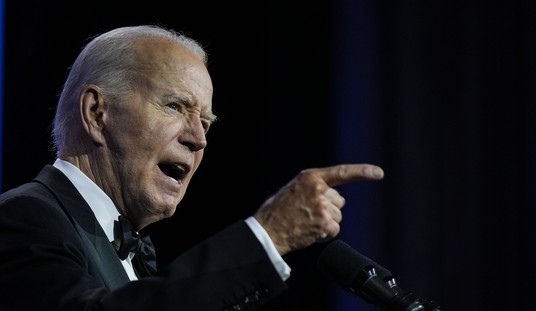Lately my editor, David Swindle, has been encouraging me to develop a series describing my own out-of-the-box Jewish faith. It’s this mish-mosh of biblical proverbs, Torah adages, stories and songs tightly woven together by my American colonial heritage and intense Zionist pride. There is no one perfect word to describe my Jewishness beyond biblical in nature. Orthodox, Conservative, even Reform I am not. Reconstructionist or Renewal? Forget it. But I find commentary from all denominations (“streams” we call them in Judaism) interesting and acceptable in a “with malice towards none, with charity towards all” kind of way that gives me the liberty to define my Judaism in a way most of my compatriots are simply afraid to do. Which is probably why David finds my approach so fascinating. It’s rare to find a Jew who isn’t somehow fettered by the chains of guilt.
So I begin at the beginning, with Thanksgiving, the quintessential Jewish and American holiday. Traditionally Jews celebrate the idea roughly 1-2 months earlier during Sukkot, a festive fall harvest holiday in which we humble ourselves before the God who brought us out of bondage, not because we are perfect, but because He loves us and wanted to dwell with us. (Sukkahs, as in “tabernacles,” as in “the Lord tabernacles with us.”) When you understand the story of God and Israel as a passionate love story, the struggles are contextualized as are the prophecies, into tough tales with happy endings. When you understand the metaphor of God and Israel as a greater metaphor of God’s love for humanity (we’re just the physical reminders) you open your heart to the immense, overwhelming love of God. And there is nothing more you can do as a human being than reflect on that truth with awe-filled gratitude.
What we often fail to understand as human beings is that the physical things are metaphors for spiritual lessons. Land means freedom. Food means provision. Family means love. Neighbors mean friends. Grandparents mean wisdom. Children mean the promise of a future and a hope. Long after we walked our way out of the desert, God still dwells with us. Long after we made our way west of Plymouth Rock, we still have provision and freedom. It is so painfully appropriate that Abraham Lincoln would have been the president to proclaim Thanksgiving a national holiday. America’s Moses who bore the burden of our national redemption could still believe in and express gratitude for God’s forgiveness for our imperfections. If only we today could do the same.
We are a people obsessed by our imperfections. We seek them out and feed off of them like diseased, media-obsessed urchins, an act belying our personal obsession with our own guilt. Instead of being critics we have become critical, acting like children on a playground waiting to pounce instead of adults with moral fiber choosing to forgive and, even more importantly, choosing to love one another despite our many faults. In putting faith in our failings we have shut ourselves off from the love of God. If we cannot believe in His perfect love, how then can we ever believe in our ability to love one another? When we can only ever be grateful for the failings of another, ours is a misplaced gratitude, indeed.
What is the core of my biblical Judaism? Proverbs 3:5-6:
Trust in the LORD with all thine heart; and lean not unto thine own understanding.
In all thy ways acknowledge him, and he shall direct thy paths.
Thanksgiving is about direction. The direction in which we move as a nation, both physically and spiritually, will chart the course of our future as a people. For God’s direction I am grateful. And for His Love, the only thing my awe-filled soul can do is love both God and those around me in return.









Join the conversation as a VIP Member